The Canadian election is over. What does it mean for skilled refugees?
As the dust settles after a tight election battle, Canada finds itself looking down the barrel of not only an international humanitarian crisis but also an economic crisis within its own borders.
Talent Beyond Boundaries (TBB) welcomes Canada’s recent commitment to resettle 20,000 Afghan refugees. This response represents a recognition that evacuation alone cannot address the needs of all those Afghans at risk. Canada deserves credit for increasing refugee resettlement for Afghan and other refugees at a time when too many other nations are making access to protection and economic participation more dangerous for the displaced.
The displacement of refugees around the world is taking place at the same time the Canadian economy is emerging from a post-COVID-19 world. As the economy starts to reopen in Canada, it is more important than ever that immigration not only increases but is used to propel Canada’s economic growth strategy over the coming years. The question then becomes, how do we support both refugees facing an unthinkable humanitarian crisis and the economic growth of this country?
The Economic Mobility Pathways Project (EMPP)
The Canadian government must look to use all immigration pathways to augment the existing commitment to bring in 20,000 Afghan refugees. Since 2018, Canada has successfully piloted the use of permanent skilled visas for applicants living in refugee circumstances through the Economic Mobility Pathways Project (EMPP).
Canada’s leadership in launching Phase I of the EMPP as a pioneering labour pathway for refugees has been justifiably recognized here and abroad, just as was the case for the privately sponsored refugee program. Canada’s success in demonstrating that refugees can contribute to our economic growth and recovery has encouraged both the United Kingdom and Australia to implement similar labour mobility pathways for displaced global talent, with other countries likely to follow suit.
Scaling for success
The recent and significant intake of refugee nurses in the UK is a very compelling example of the “art of the possible”. As Canada enters Phase II of the pilot program this fall, now is the time to be bolder than ever if Canada wants to demonstrate leadership once again on the world stage.
TBB and other NGOs work with skilled refugees to find them jobs and a pathway to a new life in Canada. In recent months, despite the constraints of the ongoing pandemic, there has been a heartening outpouring of interest from Canadian employers to hire and support skilled refugees. TBB currently has approximately 30,000 skilled refugees in its Talent Catalog. Currently under Phase II of the pilot program, there is a specific “cap” of 500 candidates and the federal processing time remains at 6 months.
In order to meet the growing need for skilled talent in Canada, whilst supporting refugees, we make the following recommendations to the Canadian government:
Revise the cap of 500 to a “target” of 2,000 skilled refugees. There is a demand and need for skilled talent across all sectors in Canada.
Review the processing time and commit to implement a 4-month expedited processing time for all cases processed under the EMPP. Employers are desperately looking for a predictable and business friendly processing time to help make the EMPP more accessible to all refugee candidates.
Provide refugees access to temporary work permits once a Canadian employer has committed to hiring them.
The implementation of the above recommendations would significantly impact the ability to scale this program.
Lisa Lalande from Century Initiative recently noted that “a decline in immigration will cut Canada off at its knees by limiting our economic growth, our potential and, ultimately, our voice on the world stage”. Making economic pathways more accessible to thousands of skilled refugees is not only the smart thing to do for thousands of employers across Canada but also the right thing for world leaders to do in a time of economic turmoil and humanitarian tragedy.
Hire displaced talent
Interested in learning more about hiring skilled refugees to address your talent shortage? Fill out our Expression of Interest form and we’ll set up a time to talk about the program and your needs.

